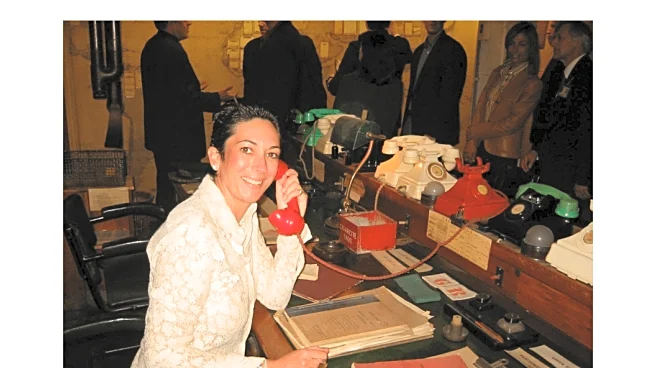Rapid Read • 8 min read
Sunrun, the largest U.S. home energy systems installer, reported a significant increase in the attachment rate of batteries to its solar systems. In the last quarter, 70% of nearly 29,000 new Sunrun customers opted for paired batteries with their rooftop solar systems, marking a 50% increase from the previous year. This shift underscores Sunrun's strategic move from solar-only installations to integrated energy storage systems, which support virtual power plants (VPPs). The company has installed approximately 3.2 GWh of distributed storage capacity and aims to reach 10 GWh by 2029. However, the expiration of the federal investment tax credit for third-party-owned residential solar equipment post-2027 could impact Sunrun's revenue by about $6,200 per system. To mitigate this, Sunrun plans to source lower-cost solar equipment, reduce customer acquisition costs, and increase grid services revenue.
AD
The increase in battery attachment rates is significant for the U.S. energy sector as it reflects a growing trend towards energy storage solutions that enhance grid reliability and efficiency. Sunrun's focus on VPPs, which aggregate customer-sited devices to provide electricity during peak demand, offers a cost-effective and rapid alternative to traditional utility-scale power plants. This development is crucial as it aligns with the increasing interest from utilities and grid operators in distributed energy resources. Moreover, the policy environment, particularly in states like California, plays a pivotal role in driving this trend, as seen with the new net billing tariff that incentivizes storage attachments. The broader adoption of such systems could lead to reduced reliance on fossil fuels and support the transition to a more sustainable energy infrastructure.
Sunrun anticipates a growing share of its batteries to be enrolled in VPP programs, which could further enhance its market position. The company is also preparing for the expiration of the solar investment tax credit by building a backlog of projects that qualify for the credit beyond 2027. Additionally, Sunrun is monitoring potential changes in U.S. Department of Treasury guidance, which could impact project financing. The company is optimistic about expanding its market presence, particularly in states with supportive policies for distributed energy resources. As the political landscape evolves, with some states potentially increasing support for solar and battery installations, Sunrun is poised to capitalize on these opportunities.
AD
More Stories You Might Enjoy












